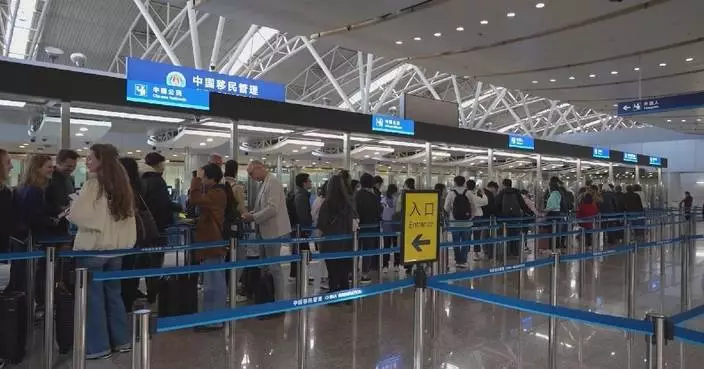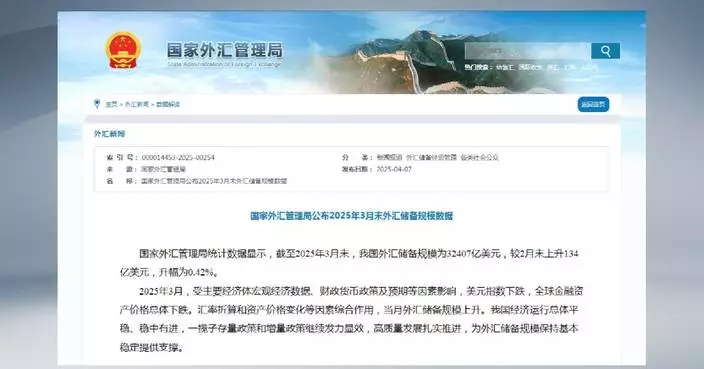Soaring housing prices and the lasting impact of pandemic-era relief efforts are pushing more people to the brink of homelessness in the United States, said Donald Whitehead, the former Board President and Executive Director of the US National Coalition for the Homeless.
The expert shared his insights on the unprecedented surge in the un-housed population within one of the wealthiest nations globally, in an interview with China Global Television Network (CGTN) via video link on Thursday.
According to federal data released in late December, the United States experienced its highest level of homelessness in 2024, with several states reporting triple-digit percentage increases as the nationwide housing crisis deepened.
The annual report from the U.S. Department of Housing and Urban Development (HUD) revealed that 771,480 people were experiencing homelessness on a single night in January 2024, marking an 18.1 percent increase from 2023.
"It is not a surprise to those of us that work in the sector and work on advocacy. There's a couple of really important factors that contributed. Family homelessness, as you said, grew almost 40 percent. The reason behind that is our housing costs have continued to rise up to about 18 percent year over year. And that is a way too much of an increase for people to absorb. And also we have the after-effects of the COVID-19 initiatives that provided rental assistance and eviction prevention," Whitehead said.
The expert highlighted that as wages fail to keep up with skyrocketing costs, many Americans are finding it increasingly difficult to secure stable living conditions.
"Cost of housing is out of reach for most Americans. There's a report entitled Out of Reach that looks at what a person would have to earn to be able to access housing across the country. And not one city in the entire country can you afford to pay for housing at 30 percent of your income, which is the adequate level. If you have a minimum wage job, for instance, you'd have to work somewhere between 80 and 100 hours a week," he said.

Rising housing costs push more people toward homelessness in USA: expert

















































